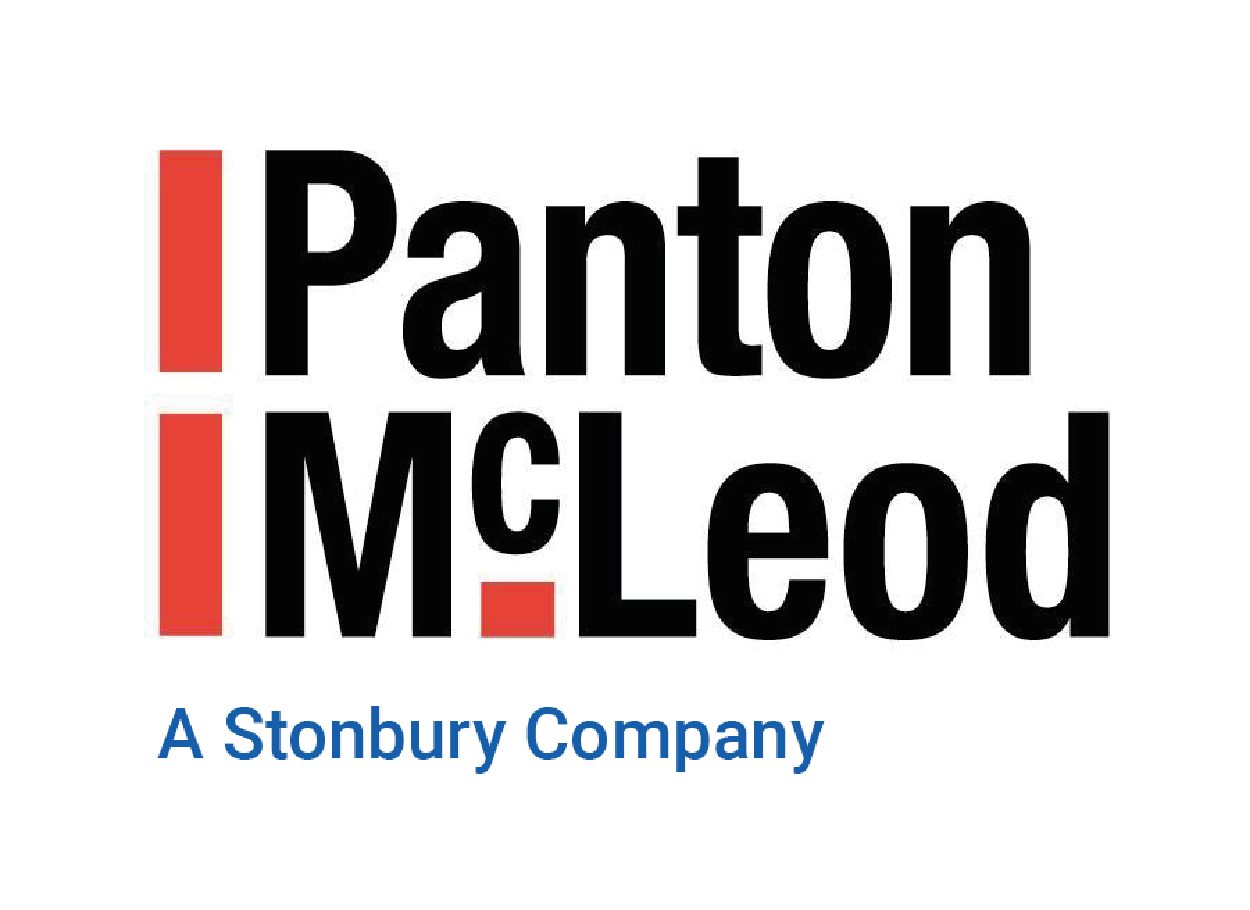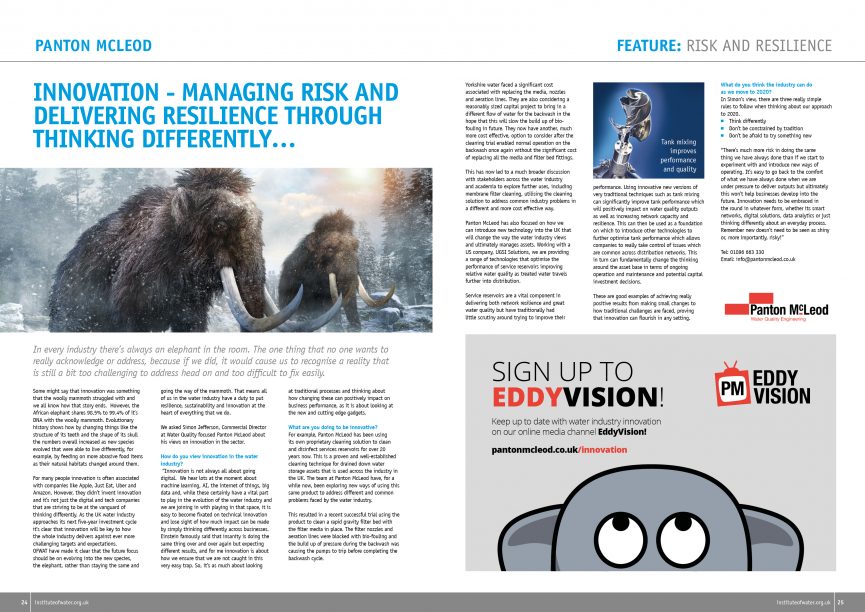In every industry, there’s always an elephant in the room. The one thing that no one wants to really acknowledge or address because if we did, it would cause us to recognise a reality that is still a bit too challenging to address head on and too difficult to fix easily.
Some might say that innovation was something that the woolly mammoth struggled with and we all know how that story ends. However, the African elephant shares 98.5% to 99.4% of it’s DNA with the woolly mammoth. Evolutionary history shows how by changing things like the structure of its teeth and the shape of its skull the numbers overall increased as new species evolved that were able to live differently, for example, by feeding on more abrasive food items as their natural habitats changed around them.
For many people innovation is often associated with companies like Apple, Just Eat, Uber and Amazon. However, they didn’t invent innovation and it’s not just the digital and tech companies that are striving to be at the vanguard of thinking differently. As the UK water industry approaches its next five-year investment cycle, it’s clear that innovation will be key to how the whole industry delivers against ever more challenging targets and expectations. OFWAT have made it clear that the future focus should be on evolving into the new species, the elephant, rather than staying the same and going the way of the mammoth. That means all of us in the water industry have a duty to put resilience, sustainability and innovation at the heart of everything that we do.
We asked Simon Jefferson, Commercial Director at Water Quality focused Panton McLeod about his views on innovation in the sector.
How do you view innovation in the water industry?
“Innovation is not always all about going digital. We hear lots at the moment about machine learning, AI, the internet of things, big data and, while these certainly have a vital part to play in the evolution of the water industry and we are joining in with playing in that space, it is easy to become fixated on technical innovation and lose sight of how much impact can be made by simply thinking differently across businesses. Einstein famously said that insanity is doing the same thing over and over again but expecting different results, and for me innovation is about how we ensure that we are not caught in this very easy trap. So, it’s as much about looking at traditional processes and thinking about how changing these can positively impact on business performance, as it is about looking at the new and cutting edge gadgets.
What are you doing to be innovative?
For example, Panton McLeod has been using its own proprietary cleaning solution to clean and disinfect services reservoirs for over 20 years now. This is a proven and well-established cleaning technique for drained down water storage assets that is used across the industry in the UK. The team at Panton McLeod have, for a while now, been exploring new ways of using this same product to address different and common problems faced by the water industry.
This resulted in a recent successful trial using the product to clean a rapid gravity filter bed with the filter media in place. The filter nozzles and aeration lines were blocked with bio-fouling and the build up of pressure during the backwash was causing the pumps to trip before completing the backwash cycle.
Yorkshire water faced a significant cost associated with replacing the media, nozzles and aeration lines. They are also considering a reasonably sized capital project to bring in a different flow of water for the backwash in the hope that this will slow the build up of biofouling in future. They now have another, much more cost effective, option to consider after the cleaning trial enabled normal operation on the backwash once again without the significant cost of replacing all the media and filter bed fittings.
This has now led to a much broader discussion with stakeholders across the water industry and academia to explore further uses, including membrane filter cleaning, utilising the cleaning solution to address common industry problems in a different and more cost effective way.
Panton McLeod has also focused on how we can introduce new technology into the UK that will change the way the water industry views and ultimately manages assets. Working with a US company, UGSI Solutions, we are providing a range of technologies that optimise the performance of service reservoirs improving relative water quality as treated water travels further into distribution.
Service reservoirs are a vital component in delivering both network resilience and great water quality but have traditionally had little scrutiny around trying to improve their performance. Using innovative new versions of very traditional techniques such as tank mixing can significantly improve tank performance which will positively impact on water quality outputs as well as increasing network capacity and resilience. This can then be used as a foundation on which to introduce other technologies to further optimise tank performance which allows companies to really take control of issues which are common across distribution networks. This, in turn, can fundamentally change the thinking around the asset base in terms of ongoing operation and maintenance and potential capital investment decisions.
These are good examples of achieving really positive results from making small changes to how traditional challenges are faced, proving that innovation can flourish in any setting.
What do you think the industry can do as we move to 2020?
In Simon’s view, there are three really simple rules to follow when thinking about our approach to 2020.
- Think differently
- Don’t be constrained by tradition
- Don’t be afraid to try something new
“There’s much more risk in doing the same thing we have always done than if we start to experiment with and introduce new ways of operating. It’s easy to go back to the comfort of what we have always done when we are under pressure to deliver outputs but ultimately this won’t help businesses develop into the future. Innovation needs to be embraced in the round in whatever form, whether its smart networks, digital solutions, data analytics or just thinking differently about an everyday process.
Remember new doesn’t need to be seen as shiny or, more importantly, risky!”

